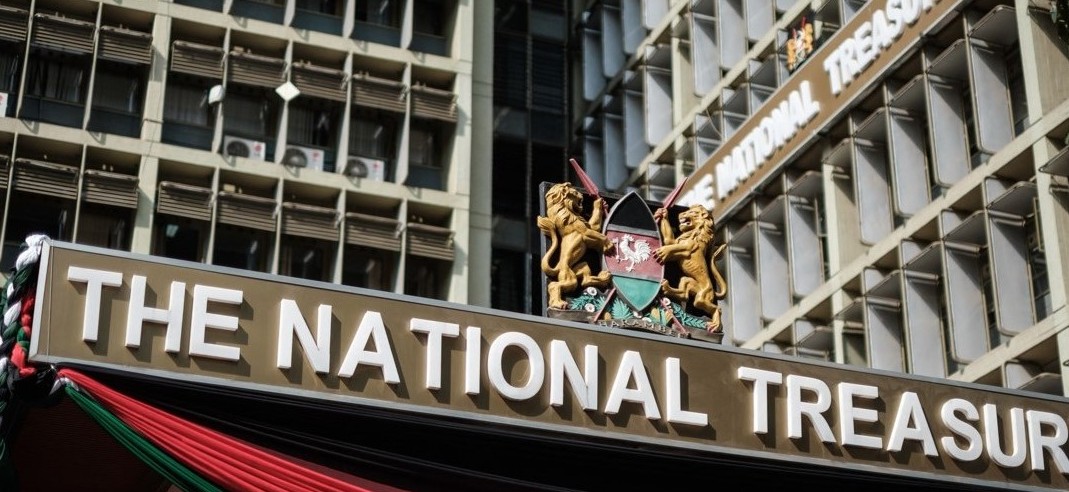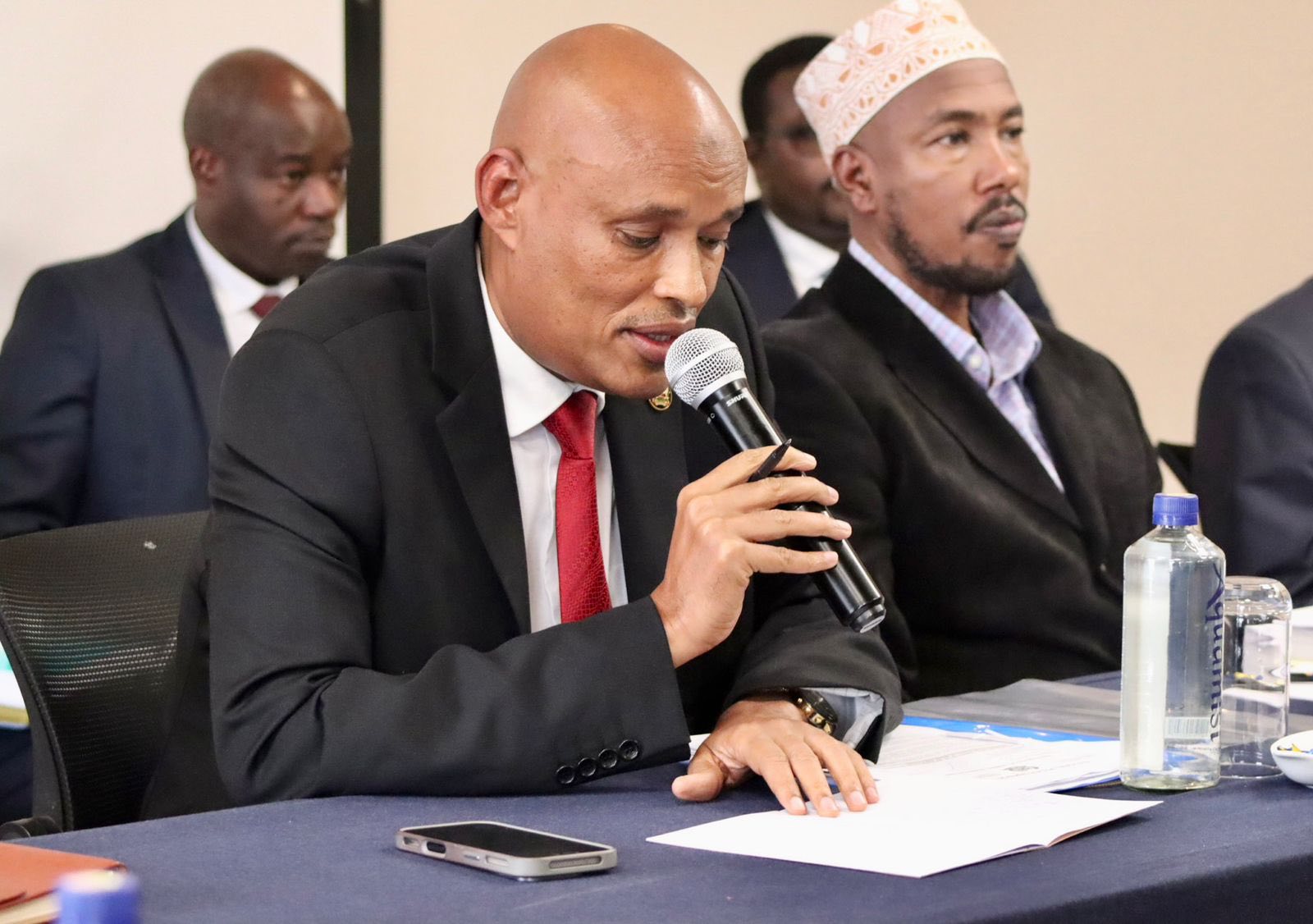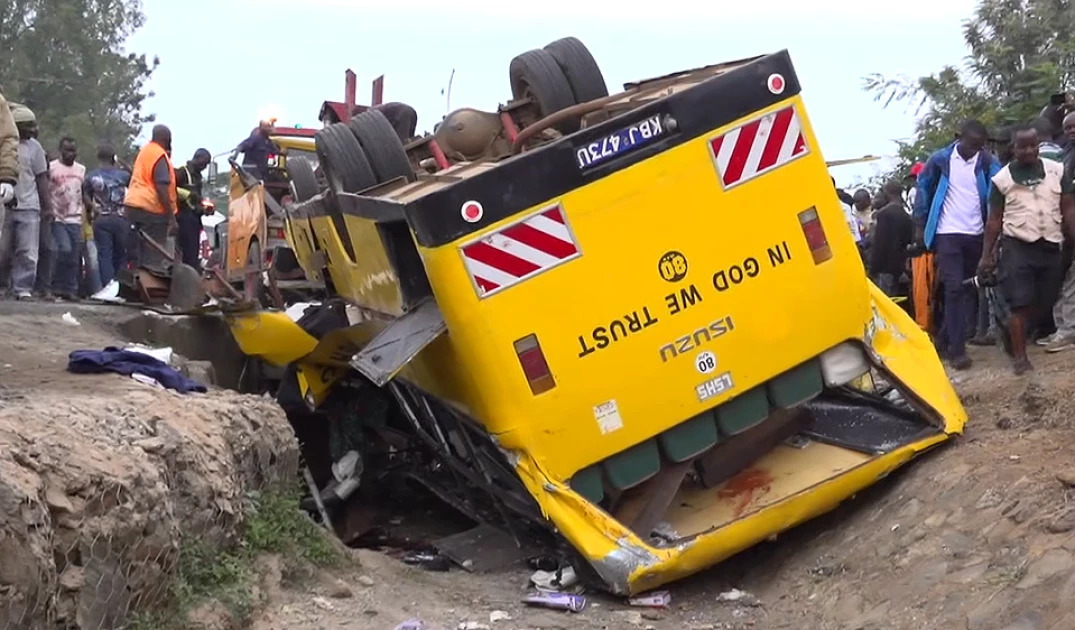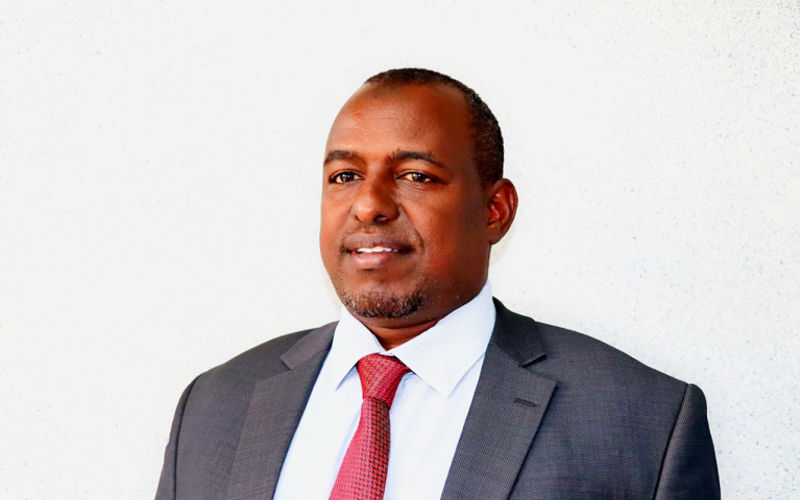Blow to governors as Treasury advances integrated revenue collection system

County leaders, through the Council of Governors, have opposed the plan, saying it undermines devolution by dictating which systems they should use.
Governors have suffered a blow after the National Treasury confirmed it will go ahead with the rollout of a single integrated revenue collection platform for counties, replacing all existing systems.
Treasury Cabinet Secretary John Mbadi told the Senate County Public Accounts Committee on Thursday that the platform is ready and will address inefficiencies caused by the current patchwork of county systems.
More To Read
- Four CSs in fresh legal battle over Sh50 e-Citizen fee
- KPA’s tariff hike draws uproar ahead of September rollout
- Treasury launches e-procurement system with price caps to curb inflated spending
- Treasury, Senate threaten funding cuts over counties’ financial mismanagement
- Treasury under fire for snubbing MPs over Sh30 billion rural electrification debt
- KeNHA revises Isiolo-Mandera road project, adds new features to enhance cross-border links
“We are rolling out an integrated county revenue management system. It is going to replace this fragmented county revenue management framework,” Mbadi said.
County leaders, through the Council of Governors (CoG), have opposed the plan, saying it undermines devolution by dictating which systems they should use. In 2023, they rejected a Bill requiring counties to develop revenue collection systems in partnership with the Kenya Revenue Authority (KRA), insisting that many had already invested public funds in their platforms.
“A significant number of counties are already implementing revenue collection systems that ought to be recognised by law, as public resources have been used to develop them,” the CoG said at the time.
Mbadi maintained that having dozens of separate systems for the same function was unnecessary.
“We cannot have 47 or 48 systems in a country dealing with revenue collection. We should have at most two or three,” he said.
He added that the Treasury had held talks with governors and other stakeholders at the Intergovernmental Budget and Economic Council to prepare for the rollout.
“Though there has been pushback from governors, as expected, I think we are getting to a point of clarity. There was just a misunderstanding,” Mbadi noted.
Many counties use private financial technology firms to run their revenue collection systems, paying millions in procurement costs and commissions on each shilling collected.
Last year, KRA commissioner general Humphrey Wattanga told senators that the use of different vendors and the lack of standardised processes were hurting county revenues. He cautioned that vendor-driven contracts, unclear technical specifications and high commission rates were draining resources.
Some counties have yet to automate their revenue collection and still rely on outdated manual systems inherited from defunct local authorities, such as the Local Authority Integrated Financial Operations Management System.
In 2024, senators asked Auditor General Nancy Gathungu to audit all external firms hired to collect county revenue, citing concerns over the accuracy of reported figures. Lawmakers warned that poor oversight allowed some companies to siphon billions from devolved units.
Gathungu said counties were losing large amounts of money to questionable firms, some of which only existed on paper. She reminded senators that while the Treasury has the legal authority to prescribe county revenue systems, governors had engaged vendors without proper checks, resulting in widely varying commission rates.
Top Stories Today













































